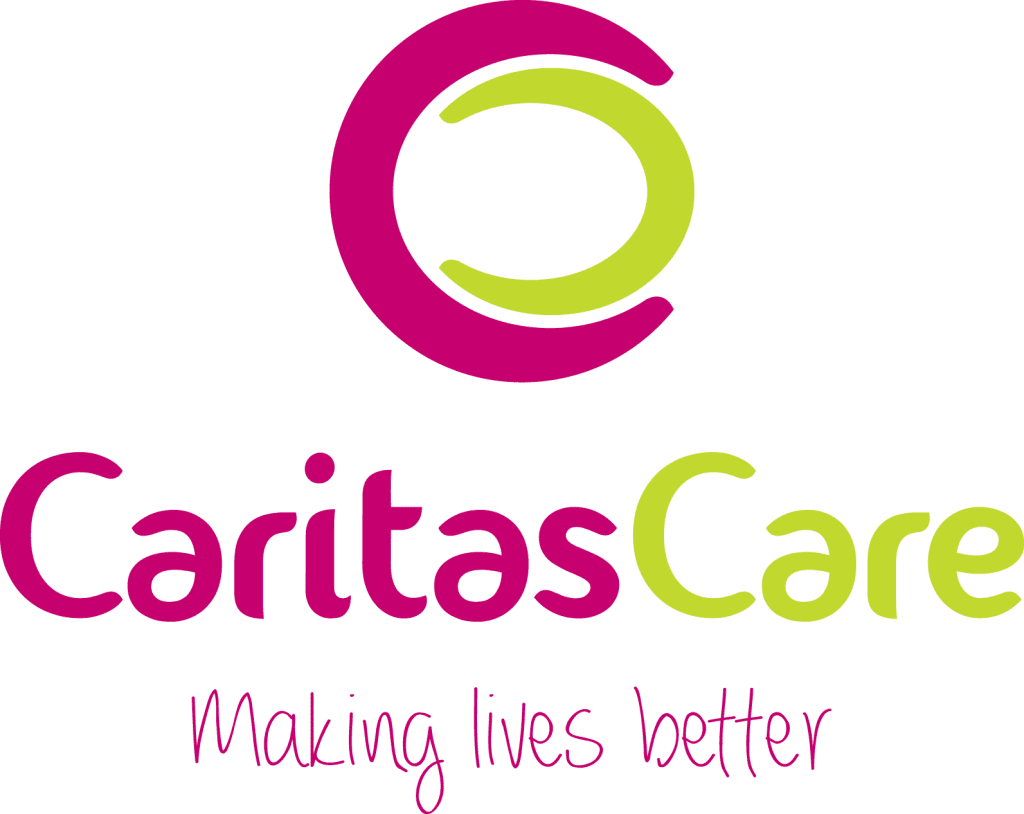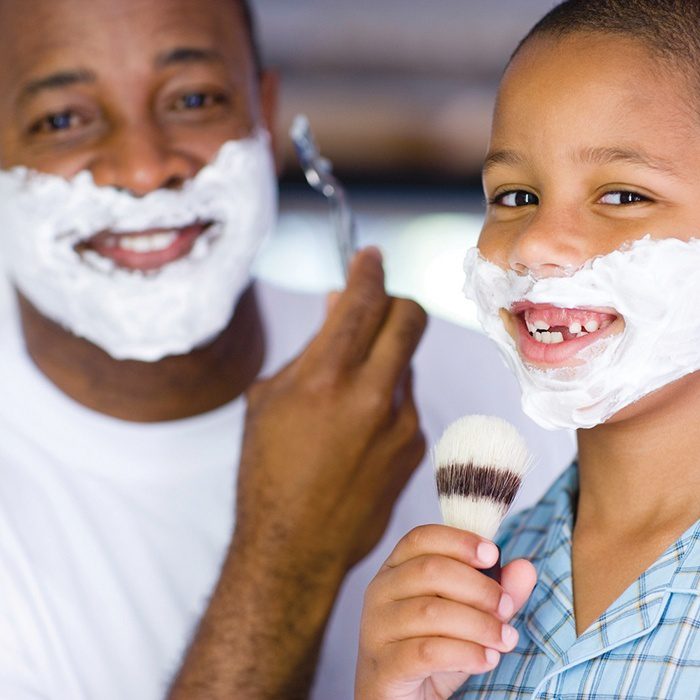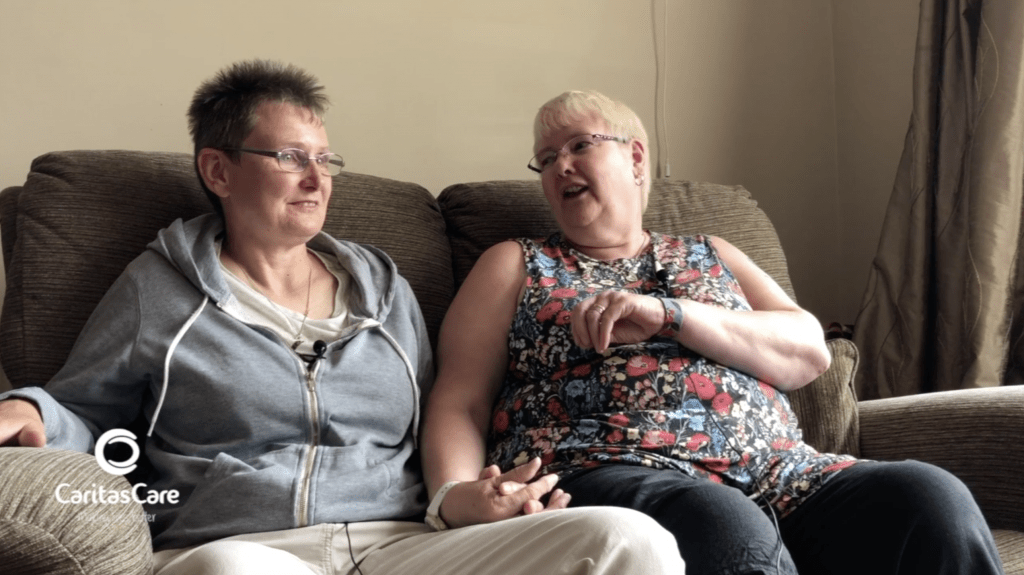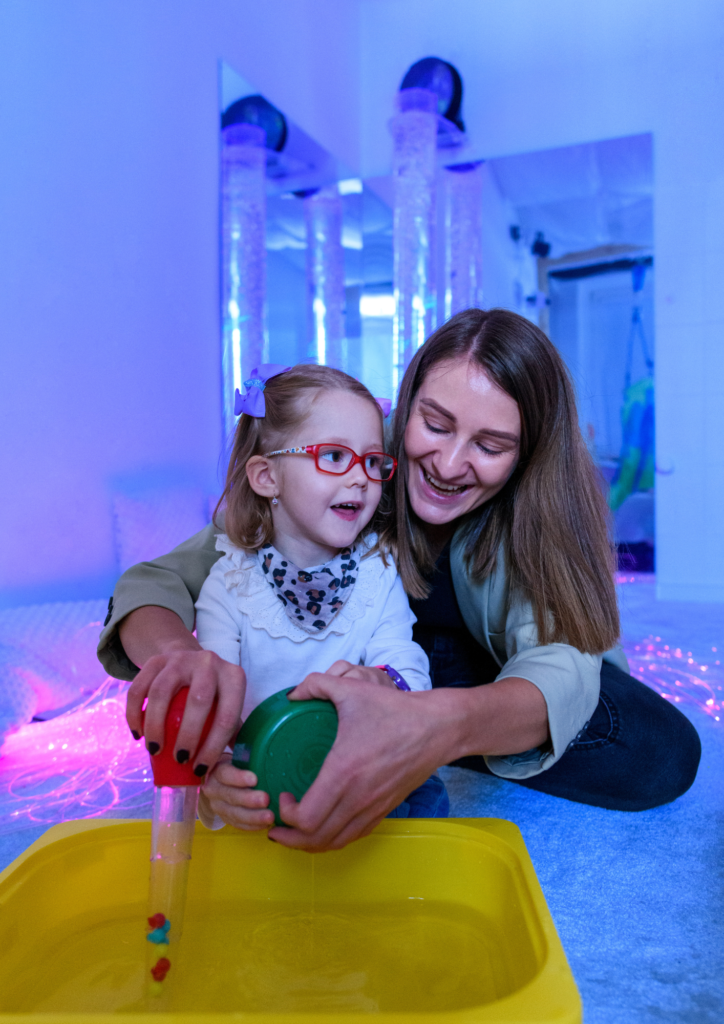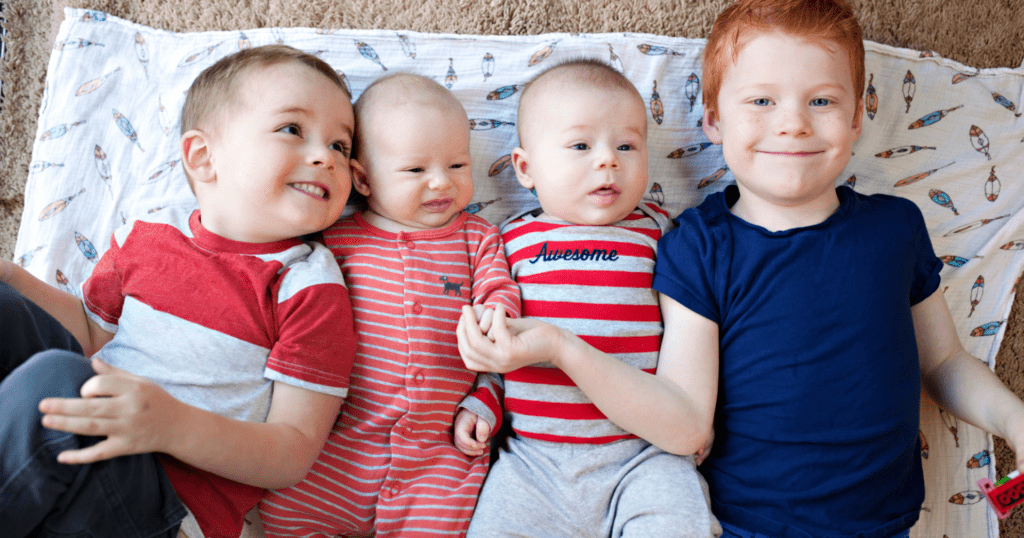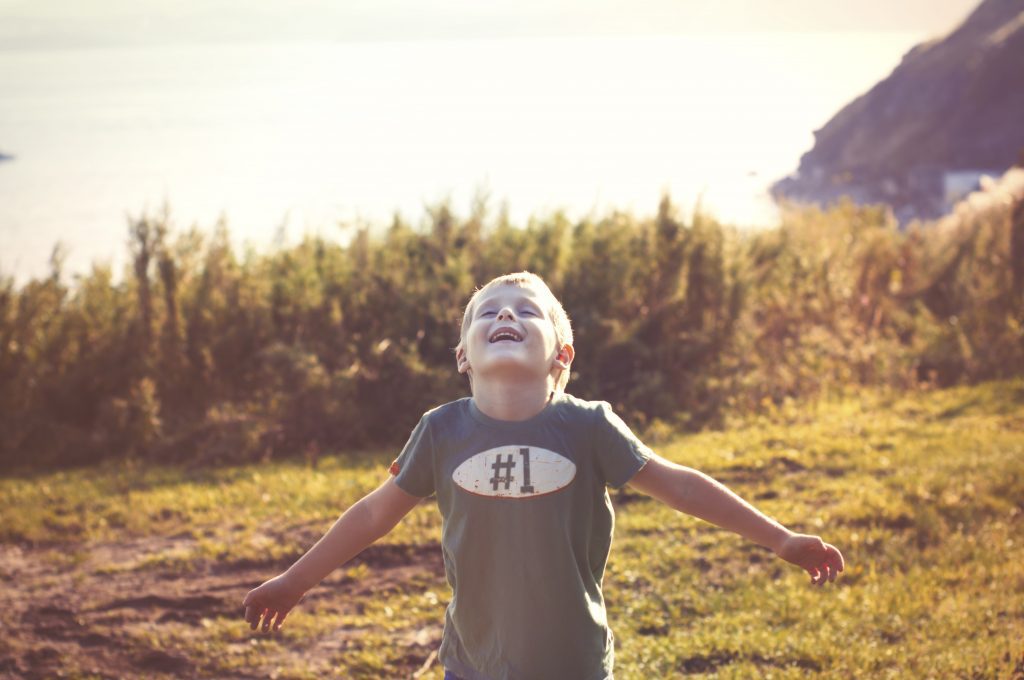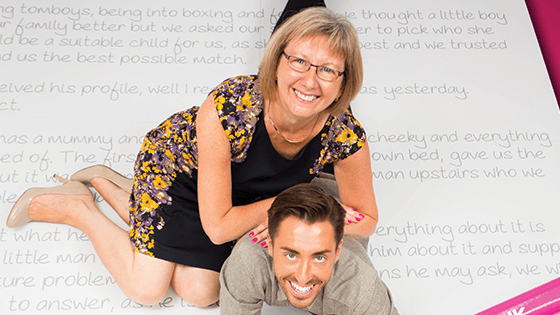The most important thing for an adoptive child going to live with new parents is feeling loved and developing a strong bond with their new family, whatever their ethnicity.
Patricia Hurst, Adoption Practice Manager (Manchester), and Kath Burton, Adoption Practice Manager (Cumbria), are hoping more black families will come forward to address the shortage of adopters from different minority groups.
How important is it from Caritas Care’s perspective to have black and ethnic minority adoptive parents come forward?
Patricia: It is vitally important to us – our role is to find families for the children who are waiting and there are many black and dual heritage children waiting. We want to be able to provide security and permanence for them and this is best done by a family who reflects their ethnicity. We would welcome any enquiries from black and dual heritage families if they are thinking about adoption – even if only in the early stages of considering it. They may have many questions and we would be happy to answer them and discuss how an adopted child or children could fit into their family.
Is there a shortage of adopters from black and ethnic minority backgrounds?
Patricia: Yes there is a big shortage – information from the Adoption Register shows that last year 619 white children were referred and 231 children from black or minority ethnic backgrounds, while only 20% of adopters referred were from minority ethnic backgrounds and 80% were white. This clearly indicates a shortfall of adopters compared to the numbers of black/minority ethnic children. It is vital for children to have a sense of belonging and permanence and for a significant number of children adoption is the only way to provide this.
Do you try to match up people of the same ethnicity or dual heritage?
Patricia: Yes, as it is important that all a child’s needs are met. All of a child’s needs are important and a family who share or reflect a child’s heritage are considered more likely to be able to support a child’s racial identity and offer a “lived experience” of being black/dual heritage etc. For some children, being very different in appearance to their family can be challenging. However, we would not want a child to wait a lengthy time for a “perfect racial match” which may not be achieved and we would want to be flexible regarding a family’s ability to meet the needs of a child from a different racial heritage. Many families have friends and relatives of different backgrounds and they are committed and motivated to ensure that the child is offered opportunities to enhance and develop their racial identity by being exposed to different cultures/food/travel/knowledge etc.
Kath: We initially try to match children culturally because it’s easier for a child to feel settled.
But then we do have to look beyond that if we don’t have enough adopters of a certain ethnic background. We ask potential adopters what they would do to embrace the child’s heritage and what can they do to make them feel proud of it.
Children need families and if we can’t achieve a culturally similar family we must achieve a family. It’s also important to prepare the child how to respond if anyone asks if they are adopted, so we need families who are strong enough to help their child become more resilient.
What advice would you give people of black and ethnic minorities who are thinking of adopting?
Kath: Come to an information event with us. Come and talk to us if there’s an issue you’re worried about. Often when you do, you actually find out that there isn’t an issue at all. Black children need families. We need people to come forward and talk to us and iron out any issues. If there are any issues which we don’t understand we’re more than willing to try to understand them.
Patricia: Please come forward – there are many black and dual heritage children who have to wait for adoptive families – statistically they wait longer than children of white backgrounds. Children need a family – a sense of security and belonging. They also need to feel good about who they are and, although not the only consideration, their racial heritage is a very important part of this. There are challenges in adoption but also many joys – if you could consider offering a home to a child who needs a family to call their own – we would love to hear from you.
For more information about starting the adoption process with Caritas Care contact 01772 732313 or visit http://caritascare-iadopt.org.uk/contact-us/
